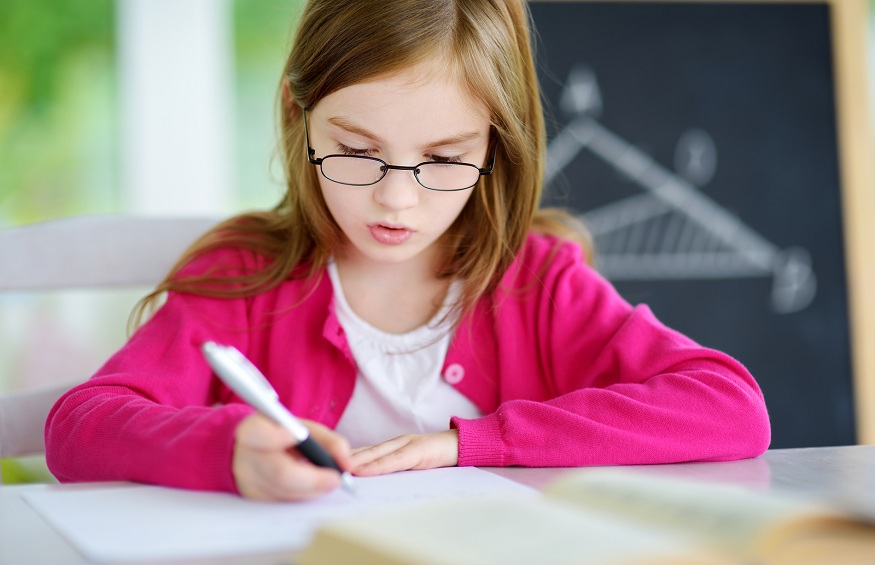It is normal for your child to play a lot in kindergarten. For him, playing is a natural activity. But at the same time as he plays, he learns a lot! Discover the skills that your little schoolchild develops during kindergarten for 4-year-olds and 5-year-olds.
Why is play important in kindergarten?
When a child plays , he develops his language, his imagination and his creativity. Until the age of 6, play is the most important activity to help them develop and learn.
The game also teaches him to get along well with others, to share, to wait his turn and to follow rules. Playing also allows him to communicate, experiment and find solutions to problems.
Additionally, when a child is having fun, they feel good and happy, which makes learning easier. Playing therefore allows him to develop child learn a positive attitude towards school. This is why teaching in kindergarten leaves a good place for play.
The game allows the child to develop his knowledge by exploring. As he has fun, it makes him want to learn and make an effort.
Implement preventive measures to promote learning.
To achieve this, the educational program, which is aimed at both 4 and 5 year old children, provides for the development of five skills. These skills are transmitted in particular through play, guided activities, discussion and group routine.
The job of teachers is mainly to observe their students, guide them and find tips to help them when difficulties arise.
The 5 skills your child develops in kindergarten
1. Increase your physical and motor development
In kindergarten, your child learns to know his body and improve his physical skills. To do this, games where he will have to dance, run, crawl and jump can be offered to him. The goal is to get him moving to develop his gross motor skills.
They also improve their fine motor skills by doing crafts (cutting, gluing, folding, etc.), drawing, painting or exercises to form letters and numbers using tools such as pencils, chalk , ropes and modeling clay.
Your child also learns the importance of taking care of their body.
2. Build your self-awareness
Different activities are planned to help your child say what he wants and what he feels. He also learns to become more independent and to have confidence in himself.
To help him achieve this, your child is regularly invited to talk about himself by recounting a memory or an event. He learns to recognize different emotions and use the right words to express himself. He also does activities that allow room for his creativity, such as symbolic play, drawing, painting and the use of musical instruments.
The teacher also accustoms students to a classroom routine to promote their autonomy and make them more responsible. For example, with a snack routine, your little one quickly learns to wash their hands before ating, clean up their place, and put away their lunch box.
In addition, your child learns to be well organized every day : he must pick up his equipment, hang his clothes in his locker, put the games in the right place, etc. This helps him become independent, confident and proud of himself.
3. Live harmonious relationships with others
To function well with other children in the class, your child must learn to respect his own needs and thos of others He must also find ways to resolve disputes, learn to share and work in a group.
Your child develops his skills by playing with other students in the class. His teacher encourages him to adoptappropriate behavior with his play partners, but also with other adults he meets in the school.
The teacher* can support the child by telling stories that present small problems or by asking him to find solutions to certain situations. For example: “What can you do if your friend has his hands full and drops a pencil on the floor? » or “What can you do if a friend is playing with a toy that another student also wants? “.
4. Communicate orally and in writing
In kindergarten, your child learns to listen to instructions and participate in discussions. He develops his ability to express himself verbally and discovers conventions linked to writing and reading.
Every day in kindergarten, there are two periods of 45 to 60 minutes devoted to free play. The children then choose what and with whom they play.
The teacher often tells stories, which allows her to expand her vocabulary and develop her comprehension and attention skills. Thanks to books, your child can also learn to know some rules specific to reading and writing, such as the direction of reading, the title, the author, sentences, words, illustrations, etc. Your child also develops his language thanks to the many songs and nursery rhymes he learns in kindergarten as well as the games he plays.
For example, if he plays with a castle in his imaginary game, he can use the vocabulary learned a few days earlier while reading a story set in the Middle Ages. In the classroom, there is also a corner transformed into a house, a grocery store or an infirmary where he can play pretend and thus develop his language.
Through different activities such as reading children’s albums in class, your child learns the names and sounds of the letters of the alphabet. He also plays with syllables to attempt writing and reading. These activities are intended to ensure that your child knows the names and sounds of most letters of the alphabet by the end of 5-year-old kindergarten.

